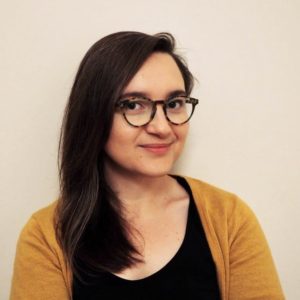St Andrews academic co-opted to support UK Covid-19 response
Dr Muge Cevik from the School of Medicine at the University of St Andrews has been appointed to support the UK Government’s scientific advisory group.
She has been co-opted to NERVTAG (New and Emerging Respiratory Virus Threats Advisory Group) as a temporary member for Covid-19, advising and producing guidance documents for SAGE (Scientific Advisory Group for Emergencies).
Dr Cevik (MD MSc MRCP), a clinical academic in infectious diseases and medical virology based in the Division of Infections and Global Health Research, will be particularly providing advice and expert opinion on SARS-CoV-2 transmission.
During the Covid-19 pandemic, as well as working on the NHS front line of the response, Dr Cevik provided scientific advice to the Chief Medical Officer – Scotland and advisory groups on recent scientific developments on Covid-19.

Dr Cevik critically appraised emerging data and provided evidence summaries of complex scientific arguments, including transmission and school openings. For example, in April she identified that evidence indicated transmission often occurred after sustained close contact and indoors, such as through family gatherings, or in poorly ventilated indoor environments. She also provided advice and consultancy to the World Health Organisation (WHO) on risk communication.
Dr Cevik said: “Since the emergence of SARS-CoV-2, there has been an unparalleled global effort to generate scientific knowledge.
“For instance, as of the end of October, there were more than 80,000 published scientific articles on Covid-19. This highlights the critical importance of timely synthesis of rapidly evolving scientific knowledge during emergencies.
“I am very honoured to be able to help in my capacity and contribute to informing the policy response during these challenging times.”
Throughout the pandemic, Dr Cevik also made use of Twitter to keep the public up-to-date with coronavirus-related research, giving multiple interviews for radio and TV programmes such as BBC Science in Action, Euronews, BBC Radio 4 and NPR; communicated with news media outlets such as the New York Times, BBC, Reuters and Euronews; and provided expert opinion to inform the public about new scientific developments on Covid-19. As one of the key players in improving scientific communication, she has been selected as one of the 50 trusted experts during COVID-19 pandemic.
Category Covid-19